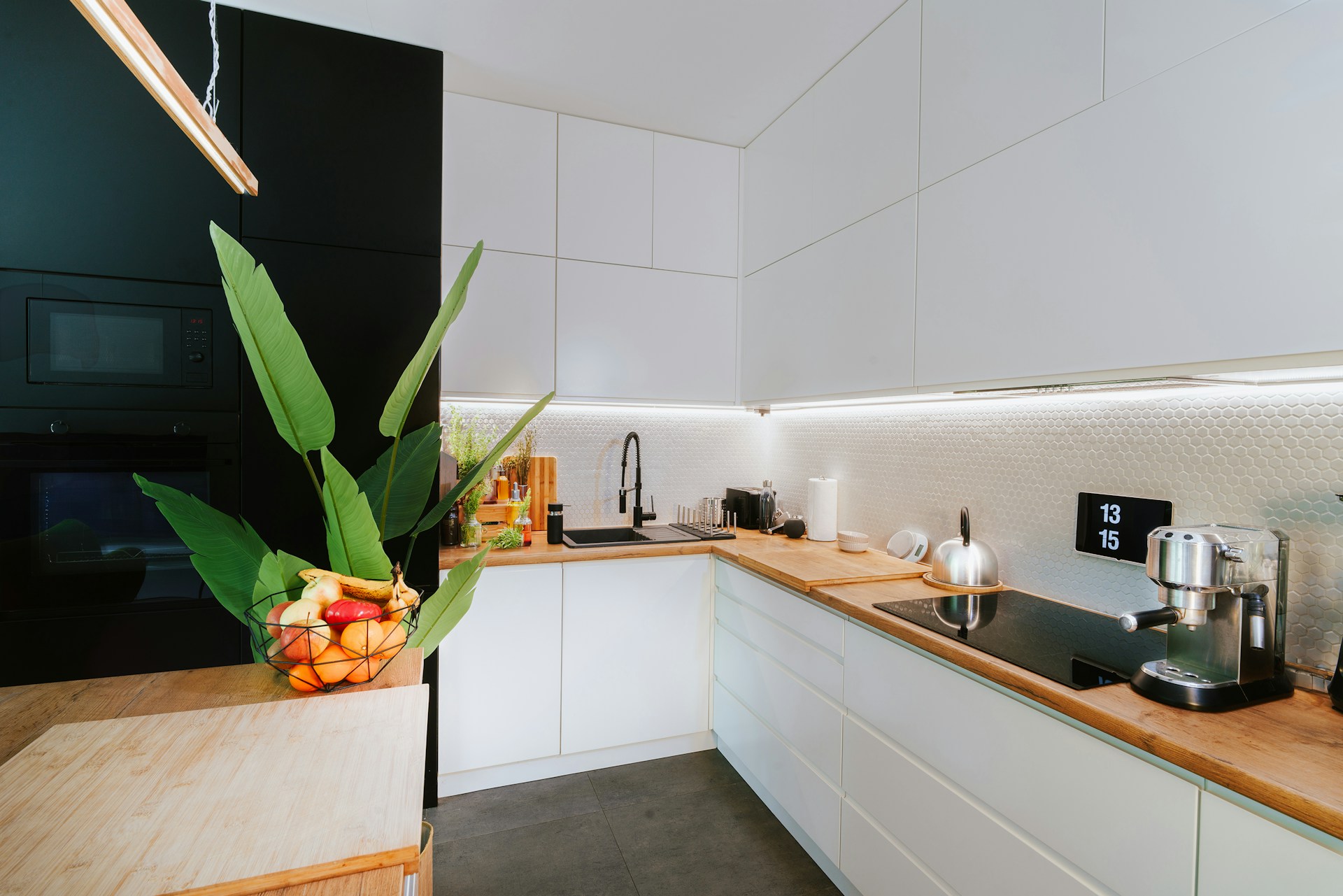

Question: What are the Drawbacks of Home Automation?
Answer: Some of the drawbacks of home automation include that it can be expensive to install, complex to set up, and vulnerable to security breaches. Additionally, reliance on technology can lead to frustration if systems malfunction and a potential loss of privacy due to data collection.
Home Automation: The Pros, Cons, and Everything in Between
Home automation has gained immense popularity in recent years, promising a more convenient and efficient lifestyle. However, while the benefits of home automation are widely discussed, the potential drawbacks often remain shrouded in ambiguity. This post will look into the potential downsides of embracing smart homes to help you make informed decisions about your home automation.
Privacy Concerns and Security Risks
One of the most significant drawbacks of home automation is the potential for privacy breaches and security vulnerabilities. Smart home devices collect vast amounts of data about your habits, preferences, and daily routines. This data can be susceptible to hacking or unauthorized access, jeopardizing your privacy and personal safety.
Data Collection and Sharing
Smart home devices, from smart speakers to security cameras, constantly monitor your activities and gather personal information. This data can include your location, schedules, conversations, and even your browsing history. While some companies claim to anonymize or encrypt this data, there’s always a risk that it could be compromised or used for unintended purposes.
Security Vulnerabilities
Smart home devices are often connected to the internet, creating potential entry points for hackers. If your network is not secured properly or your devices are not regularly updated with the latest security patches, malicious actors could exploit vulnerabilities to gain access to your home network and personal data.
Surveillance Concerns
Smart home devices, particularly security cameras and smart doorbells, can be used for constant surveillance. While this can provide peace of mind for security, it also raises concerns about privacy violations. You may be unwittingly recording and sharing data of your neighbors or even visitors to your home. There’s a possibility that this data could be used for malicious purposes, such as blackmail or harassment.
Click the link to find out more about local Orangeville realtors
Related Article: Are Smart Homes a Security Risk?
Related Article: What are 5 Reasons for a Smart House?
Reliability and Compatibility Issues
Home automation systems can sometimes be unreliable, prone to glitches and compatibility issues. These problems can be frustrating and disrupt your daily routine, especially when you rely on these systems for essential tasks.
Device Interoperability
The world of home automation is fragmented, with numerous companies offering different devices and protocols. This can lead to compatibility issues, making it difficult to integrate devices from various manufacturers.
Software Updates and Bugs
Home automation systems are constantly evolving, with new software updates released frequently. While these updates can bring new features and improvements, they can also introduce bugs or glitches that can disrupt your system’s functionality.
Technical Support and Troubleshooting
Troubleshooting technical issues with home automation systems can be challenging. You may need to contact customer support for assistance, which can be time-consuming and frustrating. Finding qualified technicians who specialize in home automation can be difficult, especially in smaller communities.
The Risk of Technological Dependence
A major drawback of home automation is the potential for excessive technological dependence. As our homes become increasingly reliant on smart devices, we may become vulnerable to outages, system failures, and the need for constant technical support.
Power Outages and System Failures
Home automation systems are heavily dependent on electricity. A power outage can render your smart home devices useless, leaving you unable to control your lighting, heating, or security systems. Even if your power is restored, a system failure can result in unexpected malfunctions or a loss of functionality.
Increased Reliance on Technology
As we embrace home automation, we may become increasingly reliant on technology to manage our daily lives. This reliance can lead to a sense of helplessness or frustration when these systems malfunction or experience outages.
Potential for Job Displacement
The rise of home automation has fueled concerns about job displacement. As smart devices take over tasks previously performed by humans, such as home security or maintenance, there’s a possibility that jobs in these sectors could be eliminated or replaced by automated systems.
Environmental Concerns
While home automation can potentially enhance energy efficiency, the production and disposal of smart devices contribute to environmental issues. Furthermore, the constant use of connected devices can increase energy consumption and contribute to carbon emissions.
E-Waste and Resource Depletion
The manufacturing of smart home devices requires significant resources, such as rare earth metals and fossil fuels. These devices often have a limited lifespan and eventually end up as electronic waste, contributing to the growing problem of e-waste pollution.
Increased Energy Consumption
While home automation can help optimize energy usage by controlling appliances and lighting, the constant connectivity of smart devices can increase overall energy consumption. This is particularly true for devices that are always running, such as smart speakers and security cameras.
Carbon Emissions
The production, use, and disposal of smart devices contribute to carbon emissions. The energy required to manufacture, transport, and operate these devices generates greenhouse gases, impacting the environment.
Conclusion
While home automation offers undeniable conveniences, it’s crucial to acknowledge the potential drawbacks. Privacy concerns, high costs, reliability issues, technological dependence, and environmental concerns all deserve careful consideration. Ultimately, the decision to embrace home automation is a personal one. By weighing the pros and cons and understanding the potential risks, you can make informed decisions that best suit your individual needs and priorities. [1]
References
1. https://www.oobsmarthome.com/blog/advantages-and-disadvantages-of-home-automation-everything-you-need-to-know


